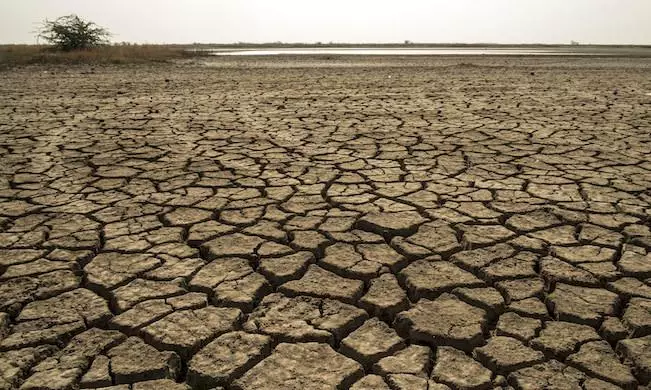
Acute heat waves will hurt India's economy, development: report
text_fieldsSingapore: A study inferred that severe heat wave conditions in India are adding unprecedented stress on India's agriculture, economy and public health. The study added that climate change is degenerating the country's long-term efforts to reduce poverty, inequality and illness, Reuters reports.
The study was conducted by a team of researchers headed by Ramit Debnath of the University of Cambridge.
In India, acute heat conditions have killed more than 24,000 people in the country since 1992. It also resulted in a surge in air pollution as well as increased glacial melting in northern India.
The team said that India is experiencing a collision of multiple cumulative climate hazards. Extreme weather conditions fell almost every day in the country from January to October last year.
Debnath said that it was essential to figure out how they measure vulnerabilities to frequent extreme events. Indian government's "climate vulnerability index underestimates the impact "longer, earlier and more frequent heatwaves will have on development", Reuters reports.
He warned that 90 per cent of India's total area is located in extreme heat danger zones and is not fully prepared.
Debnath said that India has already done a lot in mitigating heat, and "they actually now recognise heatwaves as part of their disaster relief package," Reuters quoted him.
He says that the country's adaptation plans on paper are substantial and very solid. But he has doubts about how India is going to implement them.
Further, it said that the heat waves are diluting India's efforts to satisfy its Social Development Goals. They are a list of 17 UN objectives to cut poverty, hunger, inequality and disease.
The team said that the extreme heat in the country would lead to a 15 per cent fall in "outdoor working capacity". It will also reduce the quality of life of up to 480 million people as well as cost 2.8 per cent of GDP by 2050.
Last year, the Climate Transparency Report released by environmental groups suggested that extremely high temperatures could already be costing India 5.4 per cent of its GDP.























